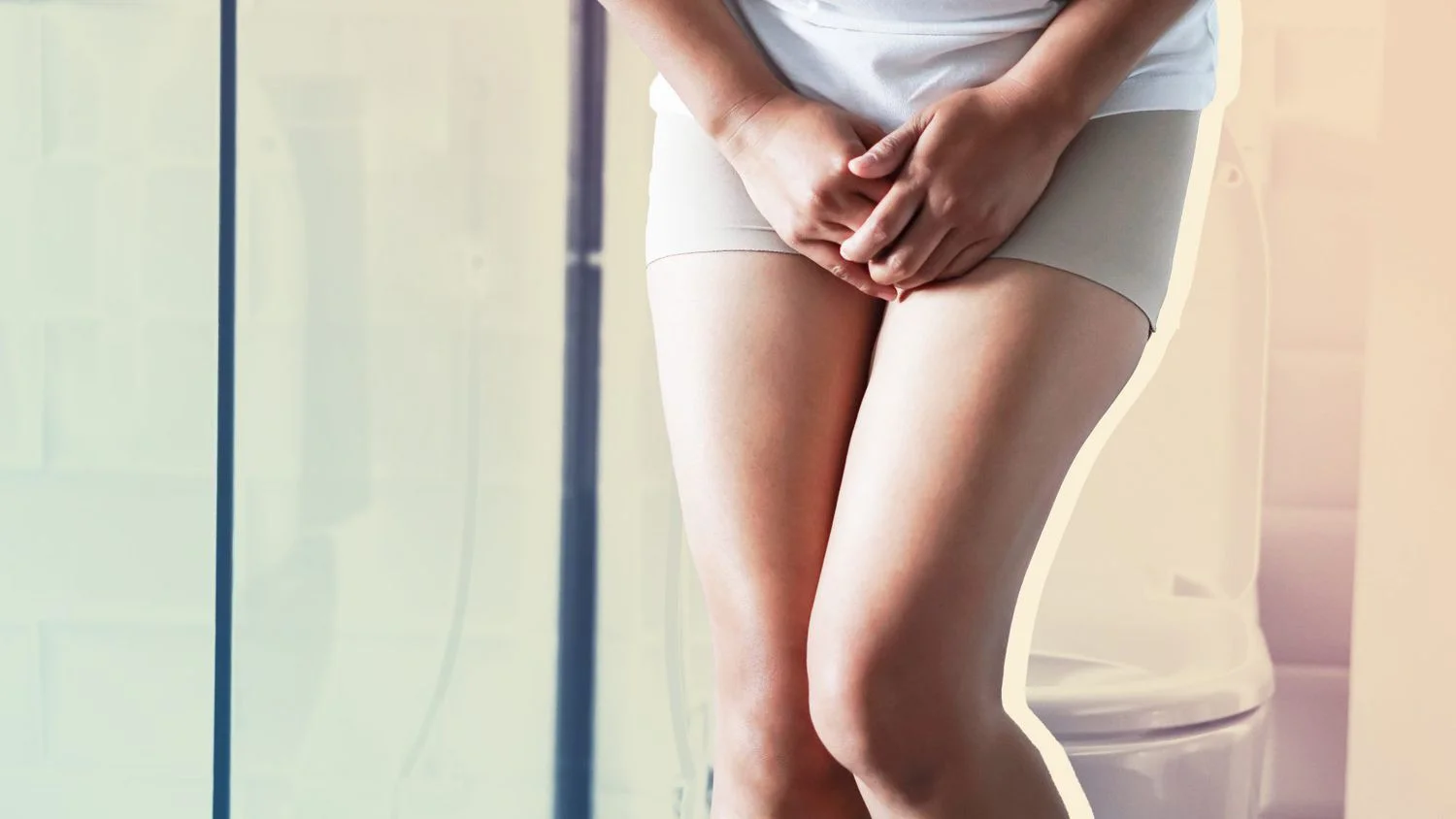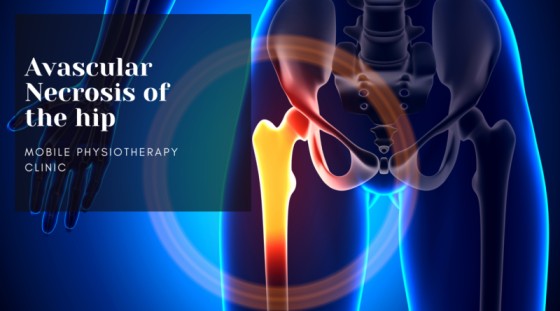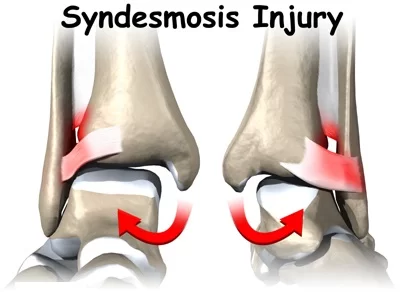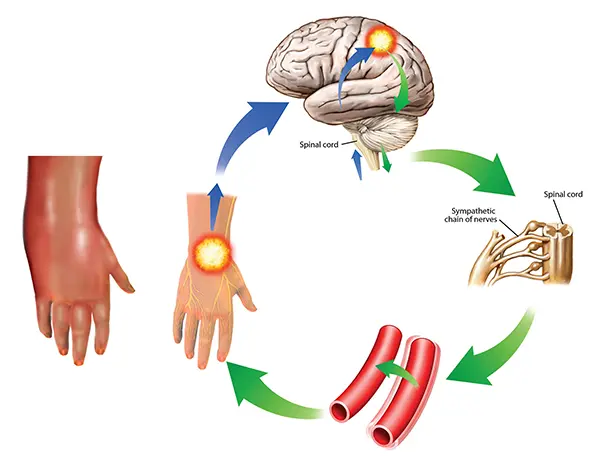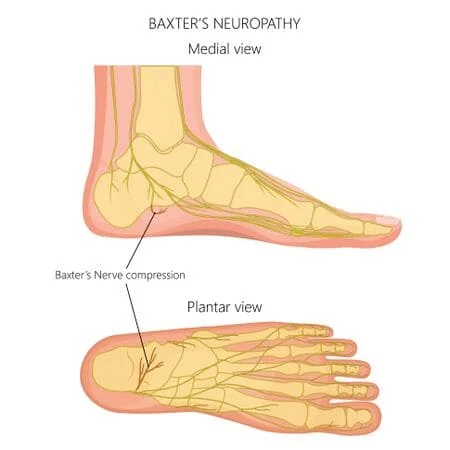Polyuria
Introduction
Polyuria is a medical term for excessive urination, defined as passing more than 2.5 liters of urine per day in adults. It is a common symptom of many different medical conditions, but it can also be caused by lifestyle factors such as excessive fluid intake or caffeine consumption.
What Is Polyuria?
In adults, polyuria is defined as the excessive or unusually large production or travel of more than 2.5 L or 3 L of urine in a 24-hour period. Diuresis is another word for increased urine flow and output. Although it is possible to have one without the other, and the latter may be a cause or an effect, polydipsia, or increased thirst, frequently cooccurs with polyuria. Polyuria may result from primary polydipsia.
However, polyuria can be classified as an illness, at least when its underlying causes are unclear. Polyuria is typically seen as a symptom or indicator of another disorder and is not considered a disease in and of itself.
Must you leave at all times? Your body produces more urine than usual if you have polyuria, a disorder.
The average adult produces 3 liters of pee daily. However, you could produce up to 15 liters per day if you have polyuria. It is a well-known diabetic symptom.
Other health issues like an enlarged prostate, an overactive bladder, and urinary tract infections also increase the frequency of urination. Even if there isn’t much in your bladder, they can make you feel as though you need to go frequently. However, polyuria increases your need to pee more frequently since your body produces more urine.
What does a high urinary volume mean?
When you urinate more frequently than usual, it is known as polyuria or excessive urinary volume. A urine volume that exceeds 2.5 litres per day is considered excessive.
Depending on your age and gender, a “normal” urine amount can vary. Less than 2 liters per day, however, is typically regarded as normal.
Urinating too much is a frequent condition, but it should not last longer than a few days. The ailment is frequently seen at night. It is known as nocturnal polyuria (or nocturia) in this instance.
Symptoms
In addition to peeing a lot, you might also
Have a thirst. You’re losing a lot of fluid, which puts you at risk for being dehydrated.
Frequently wake up at night. When you sleep, the need to leave doesn’t go away.
Causes
Uncontrolled diabetes mellitus, which results in osmotic diuresis when blood glucose levels are so high that glucose is discharged in the urine, is the most prevalent cause of polyuria in both adults and children. Water passively follows the glucose concentration, producing an excessively high amount of urine. The most frequent causes of central diabetes insipidus, nephrogenic diabetes insipidus, primary polydipsia, and reduced aldosterone secretion as a result of an adrenal cortical tumor are absent diabetes mellitus.
Diabetes of both types 1 and 2. Polyuria is frequently one of the initial symptoms of diabetes. Your blood sugar will accumulate due to the disease. If your kidneys are unable to remove it from your body, it leaves through your urine. You need to urinate more as the increased fluid and sugar pass through your kidneys. Additionally, while you travel, your thirst increases and you consume more fluids.
Diabetes insipidus. Your body can’t regulate the amount of fluid in your system if you have this uncommon illness. You feel extremely thirsty as a result, regardless of how much you drink. Diabetes insipidus may result from issues with the kidneys or the brain caused by surgery, a tumor, an infection, or a head injury.
Chemical compounds including ethanol, caffeine, and diuretics can also cause polyuria. It can also happen following supraventricular tachycardias, atrial fibrillation initiation, delivery, and urinary tract blockage clearance.
Antidiuretics like vasopressin, angiotensin II, and aldosterone regulate diuresis. Increased urine production when exposed to cold temperatures is known as cold diuresis, and it also helps to explain immersion diuresis. At elevations higher than 10,000 feet (3,000 meters), high-altitude diuresis indicates that the body has adapted to the high altitudes. This kind of diuresis is experienced by mountaineers who are adjusted to high altitudes well. Those who produce less urine even when they consume enough fluids are most likely not adjusting to the altitude well.
List of causes
Emphysematous cystitis
Lithium-carbonate
General
polydipsia
psychogenic polydipsia
diuretic drugs, osmotic diuresis
Urinary system
interstitial cystitis
urinary tract infection(Bacteria are black and bean-shaped)
renal tubular acidosis
Fanconi syndrome
nephronophthisis (genetic)
urinary incontinence
kidney failure
kidney stones
Hormonal
hypokalemia
diabetes mellitus
corticosteroid use
pheochromocytoma
hyperparathyroidism
diabetes insipidus
hypercalcemia
hyperthyroidism
hypopituitarism
Conn’s disease
hyperglycemia
Circulation
congestive heart failure
cardiorespiratory disease
postural orthostatic tachycardia syndrome (POTS)
Neurologic
cerebral salt-wasting syndrome
neurologic damage
migraine
Other
high doses of riboflavin (vitamin B2)
high doses of vitamin D
altitude diuresis
the side effects of lithium
hemochromatosis
ochratoxicosis
interstitial nephritis
Medical causes of excessive urination volume:
Sometimes, excessive urine production indicates health issues, such as:
Enlarged prostate, also known as benign prostatic hyperplasia; sickle cell anemia; psychogenic polydipsia, a mental illness resulting in excessive thirst (most common in men over 50 years old); specific types of cancer
Polyuria may also be observed following a CT scan or any other medical procedure that involves the intravenous injection of dye into the body. A large volume of urine is typical the day following the test. Give your doctor a call if the issue continues to arise.
- Maternity. Pregnant women may develop gestational diabetes insipidus. Usually, it disappears once you are no longer pregnant.
- Kidney disease or failure. Kidney damage impairs the kidneys’ ability to properly process urine. Polyuria is frequently an indicator of renal problems.
- liver illness. Your kidneys may be impacted by issues with your liver. Your kidneys’ ability to perform their function is compromised by liver damage, which also impairs your liver’s ability to process waste.
- Cushing’s syndrome. This is the result of having an excess of cortisol in your body. Antidiuretic hormone (ADH), a hormone involved in urine production, is impacted by excess cortisol.
- Excess calcium. Your kidneys’ reaction to too much calcium in the blood can impact your ADH levels. It may also have an impact on how your kidneys handle pee.
- Anxiety. Anxiety and vasopressin, a chemical that aids in the kidneys’ retention of water, are related.
- Pharmacies. A variety of medications can cause polyuria.
- Blockers of calcium channels. These drugs expand your blood vessels, which may cause your body to produce more pee.
- Diuretics. These drugs facilitate the removal of salt and water from your body.
- Lithium. Your kidneys may be harmed by this bipolar disorder medication.
- SSRIs. In addition to treating depression, this class of medications can stop your body from producing ADH.
- Tetracycline. One type of antibiotic that can impact ADH production is demeclocycline.
- Alcohol. It stops the release of ADH from your body.
- Caffeine. It increases urination.
For an adult, more than 2.5 liters (67 fluid ounces or roughly 2.6 quarts) of urine per day is considered excessive urination. That being said, this can change based on your overall body water content and the amount of water you drink. This issue is not the same as frequently needing to urinate. One rather common symptom is polyuria. When they have to wake up in the middle of the night to use the restroom (nocturia), people usually become aware of the issue.
Some common causes of the problems are:
- Drinking excessive amounts of water
Less common causes include:
- High or low blood levels of calcium
- consuming caffeine and alcohol
- Sickle cell anemia.
Additionally, if you undergo imaging tests like a CT or MRI scan that require injecting a special dye (contrast medium) into your vein, you may produce more urine for a full day following the test.
Urine volume increases when taking certain medications, like diuretics. If you notice changes in the volume of your urine after starting a new medication or changing your dosage, speak with your doctor. Diuretics include caffeine and alcohol, as well as some drugs used to treat edema and high blood pressure. These drugs include:
Thiazide diuretics include hydrochlorothiazide and chlorothiazide.
Plerenone and triamterene loop diuretics, such as bumetanide and furosemide, are potassium-sparing diuretics.
One of the side effects of these medications could be polyuria.
If your doctor believes that your polyuria is being caused by diabetes, they will take your blood glucose levels. Your doctor will advise treatment and lifestyle modifications to help bring your diabetes under control if it is the cause of your polyuria. Among these therapies are:
- insulin injections
- oral medications
- dietary changes
- exercise
Alleviating the signs and symptoms of frequent urination
You can treat excessive urine volume at home if it’s not the result of underlying medical conditions.
Most of the time, you can get rid of your symptoms by just altering the routines that cause your urine to flow excessively. Try these suggestions:
- Watch your fluid intake.
- Limit fluids before bedtime.
- Limit caffeinated and alcoholic beverages.
- Understand the side effects of medications.
- Treating the underlying cause of excessive urine volume can help address health issues like diabetes. For instance, the side effect of increased urine volume is frequently relieved when diabetes is treated with dietary modifications and medication.
In some cases, polyuria may be the only symptom of a medical condition. However, it is more often accompanied by other symptoms, such as increased thirst, fatigue, weight loss, or changes in vision.
If you are experiencing polyuria, it is important to see a doctor to determine the underlying cause. Treatment will vary depending on the cause but may include medication, lifestyle changes, or other treatments.
Here is an introduction to the different types of polyuria:
A solute that draws water from the body and deposits it in the urine is what causes osmotic polyuria. Hypercalcemia (high blood calcium levels), diabetes mellitus (high blood sugar levels), and the use of specific medications (diuretics, for example) can all cause this.
Insufficient production of antidiuretic hormone (ADH) by the body results in central diabetes insipidus (CDI). The hormone ADH aids in the kidneys’ ability to hold onto water. In the absence of ADH, the kidneys overproduce urine. Brain tumors, head trauma, and other disorders affecting the pituitary or hypothalamus can result in CDI.
The illness known as nephrogenic diabetes insipidus (NDI) is characterized by the kidneys’ resistance to ADH. Kidney disease, certain medications, and genetic conditions can all be the cause of this. Urine production is also excessive in those with NDI.
People with primary polydipsia drink more fluids than they require. Even in cases where the kidneys function normally, this can result in polyuria. Primary polydipsia may result from medical disorders like diabetes insipidus or hypercalcemia, or from psychological disorders like anxiety or polydipsia nervosa.
Mechanism
In osmotic cases, polyuria increases the amount of flow in the distal nephron, which is characterized by low flow rates and velocity. There is a notable increase in pressure in the distal nephron, especially in the cortical-collecting ducts. In the end, osmotic polyuria and hyperglycemia contribute to diabetic nephropathy.
Diagnosing Polyuria
To diagnose polyuria, your physician considers a number of factors.
- Symptoms. They’ll inquire about how thirsty you are as well as how much fluid your body produces.
- History. In addition to asking you when the symptoms began, your doctor will look into any medical treatments—such as intravenous fluids, feeding tubes, urinary blockages, surgery, strokes, or head traumas—that may have contributed to them.
- Physical examination. They will look for physical and mental symptoms associated with polyuria, including diabetes indicators. Additionally, they’ll check for swelling in your belly, feet, or hands. They will search for conditions such as hypercalcemia, Sjogren’s syndrome, cancer, and antidepressants that can result in diabetes insipidus.
- Test on urine. An 8, 12, or 24-hour test could be used by your doctor: You will be given a special container, which you will urinate into for a full day before returning it. Go again after the full twenty-four hours, add that pee, and record the time. Until you can return it, keep it chilled. The urine is collected over a longer period of time, giving the doctor a better idea of what’s in it. Similar to a random test, the test looks for the same things.
Determining how well your kidneys function when ADH is present in your body can be done with a water deprivation test. You won’t drink anything for eight hours or until you’ve dropped five percent of your body weight. We’ll test your urine concentration and weight on a regular basis.
- Blood examinations. These will test for sodium, calcium, and electrolytes.
- Test for glucose. To determine whether you have diabetes, your doctor will take your blood sugar.
- Test for pituitary function. Made by this gland is ADH. If there’s a problem with it, your output might be off.
Polyuria Treatment
Home treatment
There are a number of home treatments that can help to manage the symptoms of polyuria. These include:
- Drinking plenty of fluids: It is important to stay hydrated, even if urinating frequently. Dehydration can worsen polyuria and lead to other complications. Aim to drink at least 2 liters of fluids per day, or more if you are sweating a lot or living in a hot climate.
- Avoiding caffeine and alcohol: Caffeine and alcohol can dehydrate you and make polyuria worse. Reduce or stay away from alcohol and caffeine consumption.
- Limiting your intake of salty foods: Salty foods can make you thirsty and cause you to urinate more. Limit your intake of salty foods, such as processed foods, canned foods, and restaurant foods.
- Urinating regularly: Don’t try to hold your urine for long periods of time. Urinate regularly to avoid overfilling your bladder.
- Using absorbent pads or underwear: If you have nocturia (frequent urination at night), use absorbent pads or underwear to protect yourself from leaks.
In addition to these general home treatments, there are some specific home treatments that may be helpful for certain types of polyuria. For example:
- For polyuria caused by diabetes: It is important to keep your blood sugar levels under control. This can help to reduce polyuria. You can control your blood sugar levels by taking your medications as prescribed, eating a healthy diet, and exercising regularly.
- For polyuria caused by diabetes insipidus: If you have diabetes insipidus, you may need to take medication to replace the missing antidiuretic hormone (ADH). ADH is the hormone that helps your kidneys retain water.
- For primary polydipsia: If you have primary polydipsia, you will need to learn to drink less fluids. This can be difficult, but it is essential to do so to prevent polyuria and other complications. You can talk to your doctor about strategies for reducing your fluid intake.
If you have polyuria, it is important to talk to your doctor about the best way to manage your symptoms. Your doctor can help you to identify the underlying cause of your polyuria and develop a treatment plan that is right for you.
In addition to these general treatments, there are some specific treatments that may be helpful for certain types of polyuria. For example:
- For polyuria caused by diabetes: It is important to keep your blood sugar levels under control. This can help to reduce polyuria. You can control your blood sugar levels by taking your medications as prescribed, eating a healthy diet, and exercising regularly.
- For polyuria caused by diabetes insipidus: If you have diabetes insipidus, you may need to take medication to replace the missing antidiuretic hormone (ADH). ADH is the hormone that helps your kidneys retain water.
- For primary polydipsia: If you have primary polydipsia, you will need to learn to drink less fluids. This can be difficult, but it is essential to do so to prevent polyuria and other complications. You can talk to your doctor about strategies for reducing your fluid intake.
The cause of polyuria determines how to treat it. For example, you might need to adjust your medications if your diabetes is out of control. If one of your medications is the reason, discuss with your doctor about substituting a different medication or adjusting your dosage.
Depending on what is causing the polyuria, the right kind of treatment needs to be provided. NICE states that if alternative medical treatments for nocturnal polyuria—which can result from diabetes mellitus—have not worked, then desmopressin may be taken into consideration.
Reduce the amount of fluids you consume at home, especially those that contain caffeine and alcohol.
Home Care
To monitor your pee production, note the following each day:
- What and how much do you drink?
- How much pee do you produce each time and how frequently do you urinate?
- Your weight (measured on the same scale each day).
Tips for managing polyuria:
- Drink plenty of fluids to stay hydrated, even if urinating frequently. Dehydration can worsen polyuria and lead to other complications.
- Avoid caffeine and alcohol, as they can dehydrate you and make polyuria worse.
- Limit your intake of salty foods, as they can increase your thirst and urine output.
- Urinate regularly to avoid overfilling your bladder.
- If you have nocturia (frequent urination at night), try to restrict your fluid intake in the evening hours.
- Use absorbent pads or underwear to protect yourself from leaks.
Complication
Polyuria can lead to a number of complications, including:
- Dehydration: Polyuria can cause you to lose too much fluid, which can lead to dehydration. Dehydration can cause symptoms such as fatigue, headache, dizziness, and muscle cramps. Seizures, comas, and even death are possible outcomes of extreme dehydration.
- Electrolyte imbalance: Polyuria can also cause an imbalance in your electrolytes, which are minerals that your body needs to function properly. Electrolyte imbalance can cause symptoms such as muscle cramps, weakness, fatigue, and irregular heartbeat.
- Kidney damage: Over time, polyuria can damage your kidneys. This is because your kidneys have to work harder to filter excess fluid from your blood. Kidney damage can lead to a number of serious health problems, including high blood pressure, heart disease, and kidney failure.
- Other complications: Polyuria can also lead to other complications, such as:
- Skin problems, such as dryness, itching, and cracking
- Urinary tract infections
- Bedsores
- Malnutrition
- Social isolation
If you have polyuria, it is important to see a doctor to determine the underlying cause and to get treatment to prevent complications.
Prevention
Here are some tips for preventing the complications of polyuria:
- Drink plenty of fluids, even if you are urinating frequently. This will help to prevent dehydration.
- Alcohol and caffeine can cause dehydration, so stay away from them.
- Eat a healthy diet to ensure that you are getting all of the nutrients that your body needs.
- keep an eye on blood sugar levels.
- As directed by your physician, take your prescription drugs.
- See your doctor regularly for checkups.
By following these tips, you can help prevent the complications of polyuria and live a healthy and productive life
Conclusion for excessive urination volume
Tell your doctor the truth about how often you urinate. Speaking with your doctor about your urination habits can be awkward. The prognosis for polyuria is typically favorable, though, particularly if you don’t have any severe illnesses. To treat your polyuria, you might only need to alter your way of life.
Treatment for other underlying conditions that cause polyuria may be extensive or prolonged. Your doctor will talk about the necessary treatments for treating any underlying medical conditions as well as help you get your polyuria under control if it is being caused by diabetes or cancer.
FAQs
Which drugs result in polyuria?
The following medications may result in increased urination:
blockers of alpha
Antidiuretics
Antidepressants
blockers of calcium channels
Disinfectants
Diuretic
Known as sodium-glucose cotransporter-2 (SGLT2) inhibitors, these drugs treat diabetes
stabilizers of mood
opiates
Three-cycle Psychotropic drugs
Is urinating every two hours typical?
While every woman has her own routine, it’s generally accepted that a healthy, non-pregnant person should urinate six to eight times in a 24-hour period. You might be having frequent urination if you’re going more frequently than that. Urinating frequently is not always an indication of a medical issue; it can occur on its own.
Which ten diabetes warning signs are present?
Here are ten separate indicators of diabetes:
Urinating a lot. The average person urinates four to seven times a day. ..
extreme thirst.
Severe appetite.
Weakness or fatigue.
Needles and pins. ..
blurry sight.
Itchy epidermis.
Skin infections and wounds that heal slowly.
What color is the urine of a diabetic?
Color-coded urine: Which colors are healthy and when to get help
transparent or pale yellow pee
Urine production is excessive in people with diabetes insipidus. Every time they urinate, it may cause them to pass large amounts of light-colored urine. Additionally, it may make people feel extremely thirsty, which may prompt them to drink fluids frequently.
What are the five indications of elevated blood sugar?
Immediately get in touch with your diabetes care team if you have elevated blood sugar and have any of the following symptoms:
experiencing or being ill.
stomach or abdomen pain.
deep, rapid breathing.
symptoms of dehydration, including an irregular heartbeat, dry skin, and headaches.
having trouble remaining awake.
Is a UTI symptom polyuria?
Pituritis, or inflammation of the bladder, is thought to be the most prevalent type of urinary tract infection, primarily affecting women. It is therefore a type of lower UTI. Dysuria, polyuria, dark, unclear urine, lower abdominal pain, and fatigue are some of its symptoms.
Reference
- Gabbey, A. E. (2018, September 17). Excessive Urination Volume (Polyuria). Healthline. https://www.healthline.com/health/urination-excessive-volume#:~:text=Excessive%20urination%20volume%20(or%20polyuria,day%20is%20usually%20considered%20normal.
- Fowler, P. (2017, September 21). Polyuria (Excessive Urine Production). WebMD. https://www.webmd.com/diabetes/polyuria-too-much-urine
- Polyuria. (2023, February 18). Wikipedia. https://en.wikipedia.org/wiki/Polyuria
- Bradley, S. (2022, December 13). What Is Polyuria—And Why Do I Pee So Much? Health. https://www.health.com/condition/urological-conditions/what-is-polyuria.

